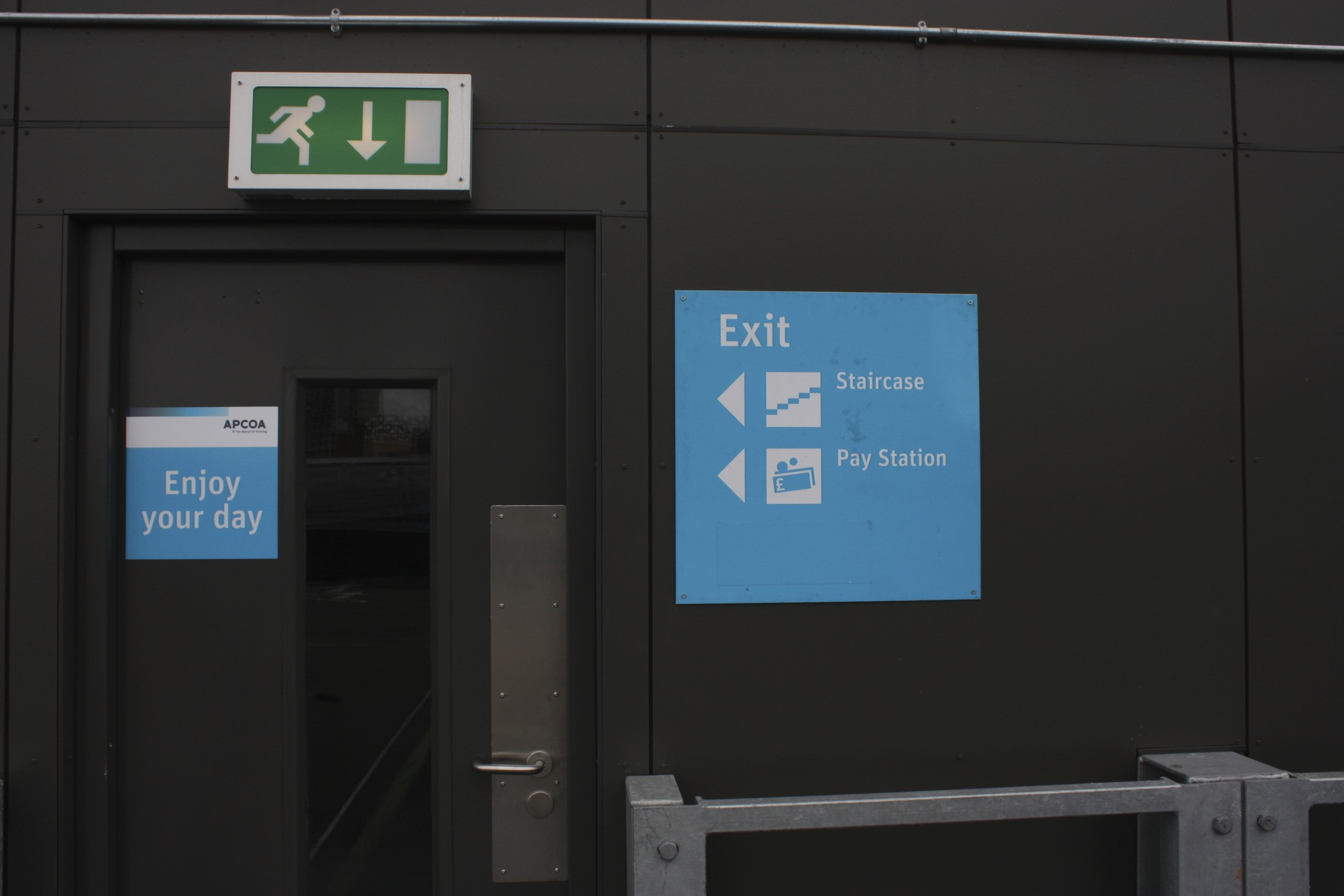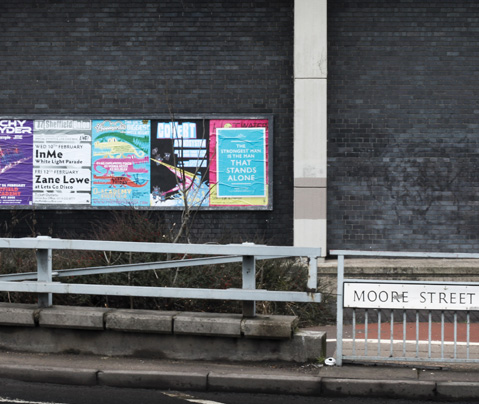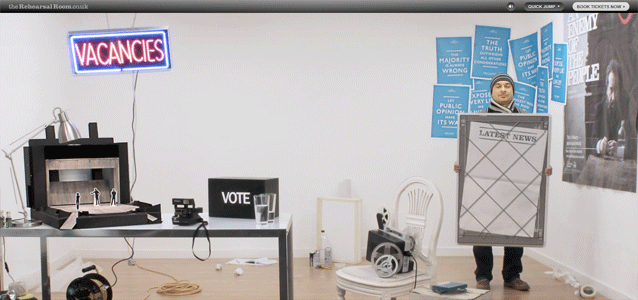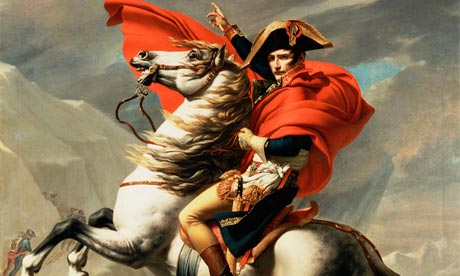-
Choice, scarcity and motivation in information architecture

I love choices. But like most things, they suffer from the law of diminishing returns, or more accurately the laws of ‘diminishing marginal utility.’ The web of today (and tomorrow) is a web of choice. Almost limitless storage and the ease of publication means that there is more and more content out there to choose…
-
Magic, information and interaction design

All projects require a focus on the result you need to achieve and the audience that the product is being designed for. It’s only then that you can combine and negotiate the needs of both client and audience to ensure that they intersect and the solution is a success. That’s a bit of a jargon-laden…
-
Choose your own adventure

Navigation helps users to do two things – find content and explore. Content isn’t bound to a single platform these days. Good brands are really content producers – they tell stories about themselves so that audiencescan buy into their values and get a better understanding of why they should connect with them. And audiences connect…
-
Tourism site – Sheffield Theatres

The Forgiftede Lodge site is part of the Rehearsal Room for Sheffield Theatres’ production of An Enemy of the People. The copy on the site is playful and subtly introduces the themes and elements of the narrative so that the audience can enjoy the content before they see the production and bring that knowledge to…
-
The play’s the thing…

Happiness is a play called Hamlet Happiness is perhaps too bold a claim. Tobacco manufacturers are always more than happy to make claims about their products that other more circumspect minds may shy away from. And yet, happiness is certainly close to the mark. The Crucible Theatre has been opened a good seven months now,…
-
The Rehearsal Room – Sheffield Theatres

Before every production, actors and directors spend time in a real-life rehearsal room. They focus on the story they’re going to tell and understand the characters and places that will be brought to life. Now, in the digital Rehearsal Room, you can do the same. The Rehearsal Room isn’t just online – its a website…
-
I feel a campaign coming on…

“tell us about a recent campaign that you especially liked.” There was something about the whole conversation that had, so far, left me cold and unengaged. It was like I was being interviewed via satellite and the delay between the motion of the questioner’s mouth and the sound that I heard was robbing the words…
-
Importance of scripting the user
[blockquote]Stories have the felicitous capacity of capturing exactly those elements that formal decision methods leave out. Logic tries to generalise, to strip the decision making from the specific context, to remove it from subjective emotions. Stories capture the context, capture emotions… Stories are important cognitive events, for they encapsulate, into one compact package, information, knowledge,…
-
Enemy of the people trailer

After a 2-year closure for renovations Sheffield Theatres wanted a trailer that would introduce the themes and tone of the new production and act as the first asset on the organisations YouTube channel. The trailer would also be the only asset added to a pre-launch version of the Rehearsal Room website. I wrote and worked…
-
Audience development in the arts (part one)
Audience Development is a special type of marketing; “a planned process which involves building a relationship between an individual and the arts. This post is designed to provide a vocabulary and a theoretical basis for describing and considering what it is practitioners ask people to take part in when they offer them a theatre ticket. Audience…
-
Low-cost online personalisation
Writing about low-cost online personalisation is a bit like attempting online personalisation is fraught with questions. I’ve got to admit, this is the sixth draft of this article. Without thinking it through I launched into a fairly amusing piece about technology not being magic, and how even Harry Potter couldn’t catch all his golden-stats with…
-
the logos of brand
Lo·gos (lô’gôs’, lŏg’ŏs’) n. In Christianity, in Saint John’s Gospel, especially in the prologue (1:1-14), the creative word of God, which is itself God. Also called Word. Even without the theological hermeneutics marketers are keenly aware of the powerful creative potential of brands, and of their public face, the logo. But brand is much, much…
-
The customer is not always right… no matter what he says
Those who stress negotiated meaning argue that the meanings of texts are neither completely predetermined nor completely open, but are subject to certain constraints. Some commentators refer to influences on the process of making meaning such as ‘a preferred reading’ – which may be represented in the text as ‘an inscribed reader’ or may emerge…
-
Constructivist arts marketing
I believe that the meaning which defines the relationship between the attender (consumer) and the venue is constructed by the attender, in partnership with the marketer. The meaning emerges from the interplay between the text (the brand, marketing and promotional activity) and the desires, beliefs and attitudes of the audience member. The next few posts…